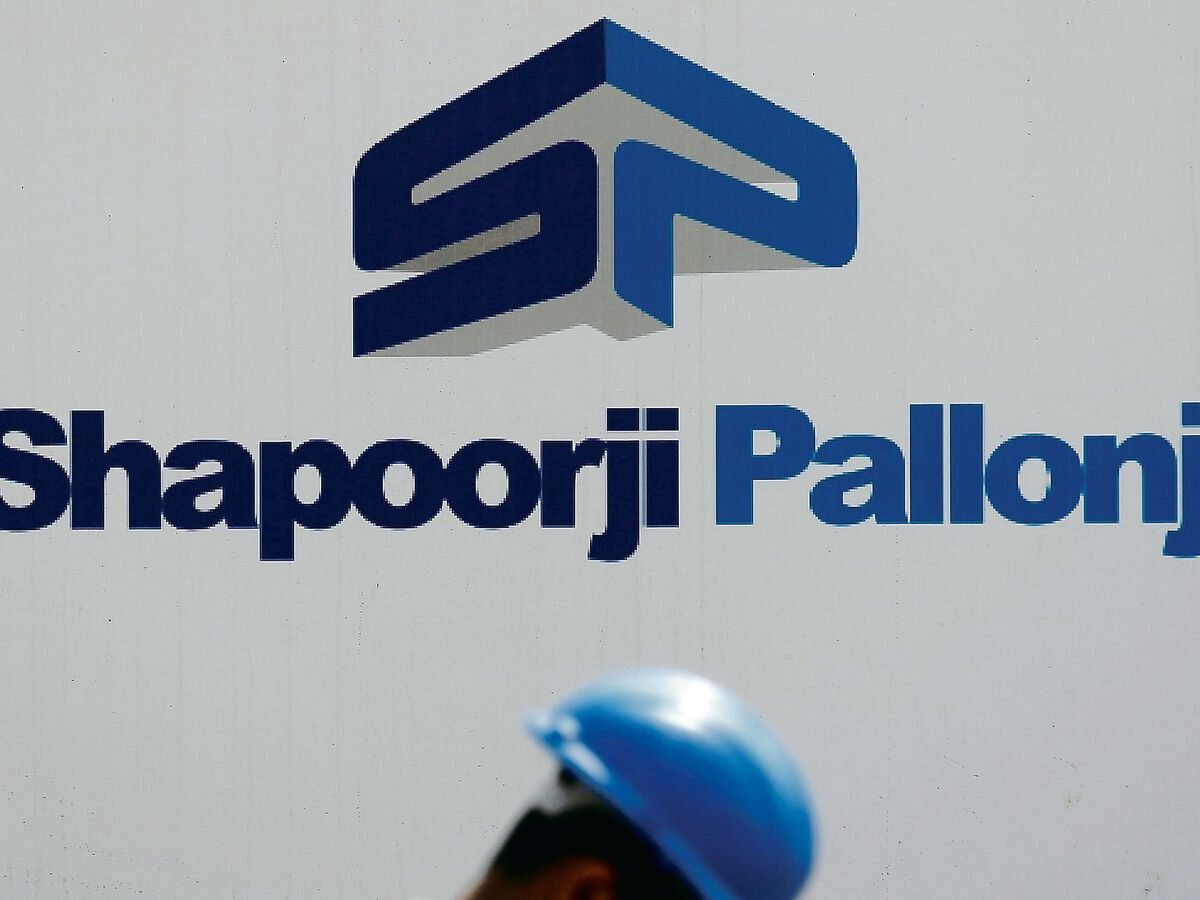Mumbai: Shapoorji Pallonji (SP) Group, the Mumbai-headquartered real estate and infrastructure conglomerate run by billionaire Shapoor Mistry, is planning to raise $1.3 billion (about ₹11,500 crore) over the next two years by taking its real estate business public, and by selling some assets in its oil and gas businesses.
The move is part of a bigger plan to manage the group’s rising debts. The money raised will be used to make interim payments to creditors of a recent $3.3 billion private credit loan that the group took last week, according to the deal’s term sheet. The $3.3-billion deal in turn was taken to refinance and repay some other, older loans.
SP Group has total outstanding debt of ₹55,000- ₹60,000 crore as of 31 March 2024, according to news reports. Nearly ₹32,000 crore has reportedly been raised from global private credit funds and wealthy high net-worth individuals over the past three years in two tranches via non-convertible debentures.
To raise fresh funds of $1.3 billion, the group is looking to list its real estate business, Shapoorji Pallonji Real Estate, which is valued at around $5 billion, according to lenders who spoke with Mint. The IPO could see the company selling shares worth ₹4,000-5,000 crore, per a Moneycontrol report in December last year. It would also be the second IPO from the SP Group stable since October 2024, when construction firm Afcons Infrastructure was listed to raise ₹5,430 crore.
In parallel, the group’s oil and gas company, SP Energy, also plans to sell two FPSOs (floating production storage and offloading), which are estimated to be valued at around $800 million, according to the lenders cited above. FPSO units are floating offshore facilities used in the oil and gas industry to process and store hydrocarbons.
Emails to SP group remained unanswered till press time.
“SP group has been very focused in doing what they have committed to their bond holders,” one of the lenders cited earlier said on condition of anonymity, adding that it is reflected in the fact that they have been consistently selling assets.
“So if you look at the Afcon sale or prior to that when they had to pay back the banks after the restructuring, which happened during covid, they sold a bunch of assets,” this person added. “So they have been selling all off their assets to make sure that their lender community gets paid.”
Piling on debt
Earlier this week, SP group signed the country’s largest private credit deal with a consortium of lenders to raise $3.3 billion through a three-year zero-coupon bond at an annual yield of 19.75%. The proceeds of this transaction will be used to refinance existing debt taken about three years ago by the group’s main investment vehicle Sterling Investment Corp.
The holding companies–Sterling Investment and Cyrus Investment–had borrowed ₹26,000 crore as of March 2024 against the SP group’s 9.2% stake in Tata Sons (holding company of the Tata Group), and pledged shares of Shapoorji Pallonji Real Estate and SP Energy.
Ares, Farallon, Cerberus Capital Management and Davidson Kempner are likely to be the largest subscribers of this bond, according to lenders cited above. Others such as PIMCO, BlackRock and Edelweiss Alternatives have also subscribed to smaller amounts, according to these lenders.
The proceeds from this bond will also be used to refinance a ₹14,300 crore debt taken by group company Goswami Infratech Private Limited (GIPL), of which it had repaid ₹7,500 crore through funds raised from the Afcons listing and monetization of port assets such as Gopalpur Port and Dharamtar Port.
GIPL is an equally held joint venture between SC Finance and Investments Private Limited and SP Finance Private Limited, which are in turn promoted by the Mistry family.
The $3.3-billion fund raising from private credit funds came after its request for a ₹20,000 crore loan from Power Finance Corporation was turned down. PFC’s board had raised concerns regarding the NBFC’s ability to underwrite the loan to SP group, which had large exposure to real estate construction and infrastructure.





